Understanding Public Health
Public health professionals work to protect and improve the health of individuals, communities, and populations by addressing health challenges locally, nationally, and globally. Their work spans various disciplines and involves a wide range of skills.
In this program, you will learn about the richness of public health topics, practice some of the skills key to public health, and explore public health careers. Whether as a public health professional or as a citizen of our interconnected complex world, you can shape a healthier, more sustainable future for everyone.
2025 Pre-College SummerDATES PROGRAM FEE APPLICATION DEADLINE |
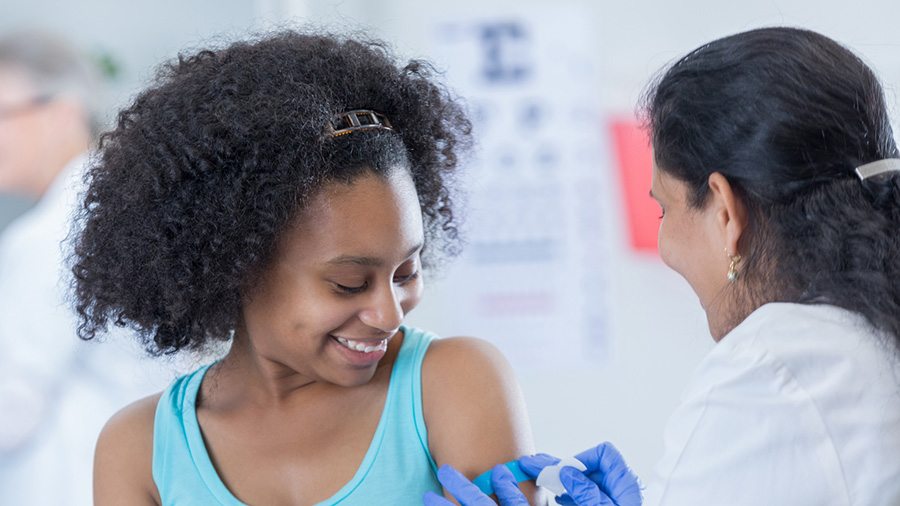
Experiential Learning
The program combines expert lectures with active learning. By the end of the week, you will understand how public health professionals work to prevent disease and injury, promote healthy lifestyles, and respond to health emergencies. You will be able to:
- Explain the field of public health and recognize public health challenges.
- Identify public health careers and skills required to pursue these professions.
- Apply basic analytic and communication skills to discuss and analyze public health challenges.
Course Instructors
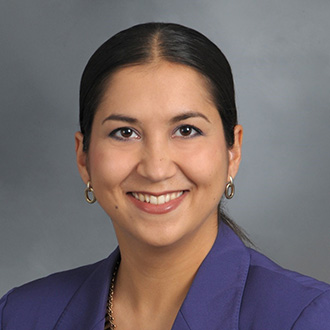
Alina Denham, PhD
Dr. Denham is an Assistant Professor of Family, Population, and Preventive Medicine (Core Faculty in Public Health). She is a health policy researcher focusing on Medicaid policy, healthcare access among marginalized populations, and health equity. She uses a range of advanced quantitative methods and large administrative healthcare datasets to address pressing policy questions and guide health policy to maximize access to healthcare and the well-being of underserved individuals and families.
Dr. Denham enjoys reading, growing plants, talking to her five-year-old son, and looking at the ocean.
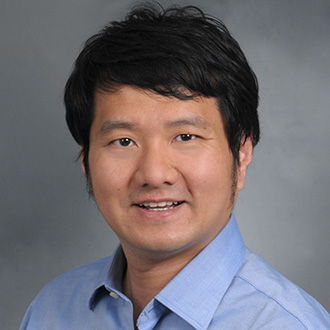
Guanyu Huang, PhD
Dr. Huang is an Assistant Professor of Family, Population, and Preventive Medicine (Core Faculty in Public Health). His research focuses on the science of air pollution under a changing climate, and its impact on public health and environmental justice. Dr. Huang is an expert in satellite and ground-based remote sensing. Dr. Huang uses a range of observations, numerical modeling, and AI to understand the science of air pollution, the interaction between air pollution and climate change, and the impact of air pollution and climate change on public health and environmental justice. He is also interested in collaborating with communities and stakeholders to address environmental issues. His research is supported by NASA, NSF, NOAA, and other federal and state agencies. Dr. Huang is a big football and soccer fan.
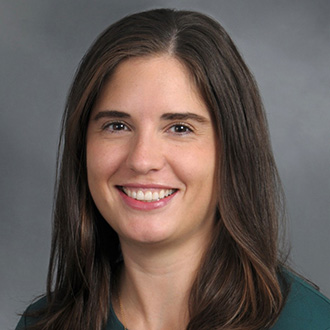
Laura Sampson, PhD
Dr. Sampson is an Assistant Professor of Family, Population, and Preventive Medicine (Core Faculty in Public Health). She studies the mental and physical health effects of stress, trauma, depression, and posttraumatic stress disorder, especially as they relate to sleep, aging, and cardiovascular disease. She is interested in the health effects of both individually experienced trauma and collectively experienced trauma, including natural disasters and the COVID-19 pandemic. She has worked with several large, population-based studies including the World Trade Center Health Program General Responder Cohort, Nurses' Health Study II, the World Mental Health Survey Initiative, the Ohio Army National Guard Mental Health Initiative, and the Puerto Rico Observational Study of Psychosocial, Environmental, and Chronic Disease Trends. She completed her post-doctoral training in cardiovascular epidemiology at the Harvard T.H. Chan School of Public Health. For fun, she likes to cook, dance, travel, and be around dogs!
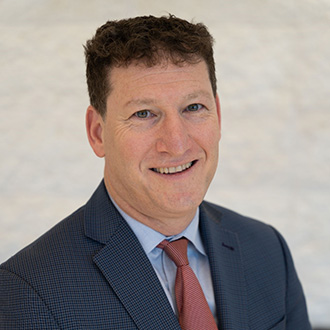
Andrew Flescher, PhD
Dr. Flescher is a Professor of Family, Population and Preventive Medicine (Core Faculty in Public Health) and Professor of English, specializing in literature and ethics, transplantation ethics, biomedical ethics, comparative religious ethics, medical humanities, and health care policy. He is the resident ethicist in Stony Brook Hospital’s transplant program and runs an internship program in which his graduate students serve as the hospital’s living donor advocates. Dr. Flescher is currently Chair of the Ethics Committee for the Organ Procurement Transplant Network/United Network for Organ Sharing (OPTN/UNOS) and was selected in 2022 by Governor Kathy Hochul to serve on the New York Transplant Council, a statutorily mandated group that serves in an advisory capacity to the Commissioner and Department of Health on matters related to donation, procurement, storage, allocation, distribution and transplantation of organs and tissues. Dr. Flescher chairs the ethics committee of the NY State Transplant Council.
In addition to writing several articles and book chapters, Dr. Flescher is the author
of five books: Heroes, Saints, and Ordinary Morality (2003, Georgetown University
Press), The Altruistic Species (2007, Templeton Press, winner of the Choice Award),
Moral Evil (2013, Georgetown University Press, winner of the Prose Award), and The
Organ Shortage Crisis in America (2018, Georgetown University Press), and Religion
and Public Health during the Time of COVID-19 (2023, MDPI).
Dr. Flescher plays piano in the Stony Brook hospital lobby for patients, family, and
staff

